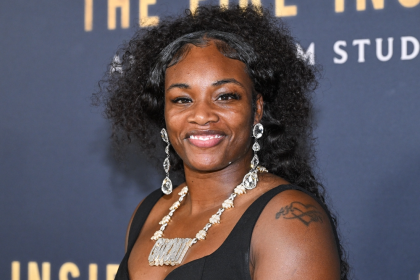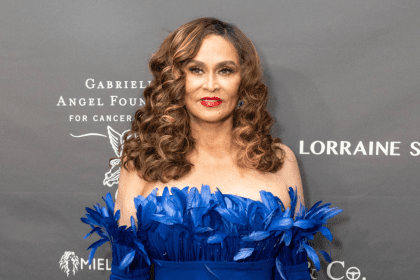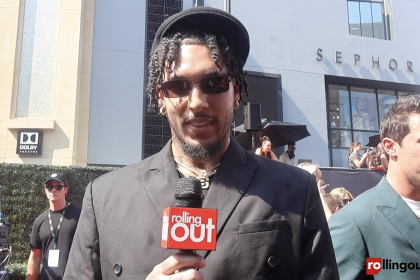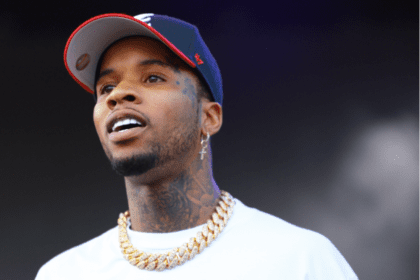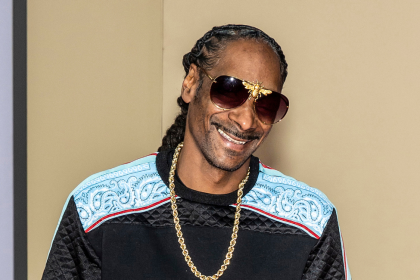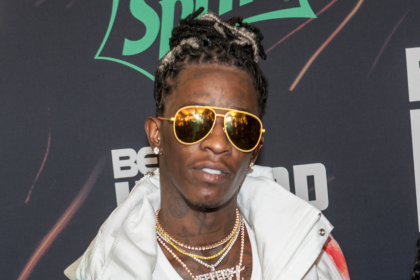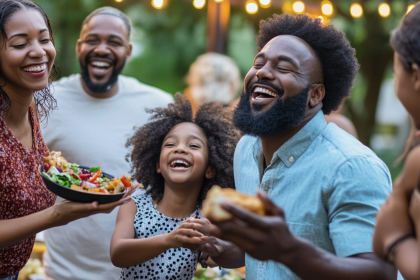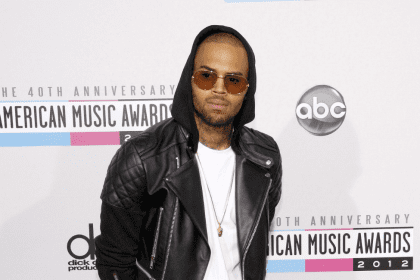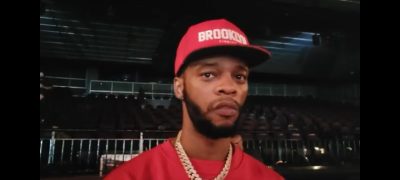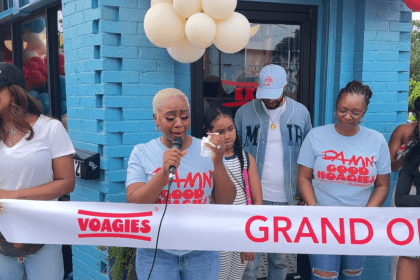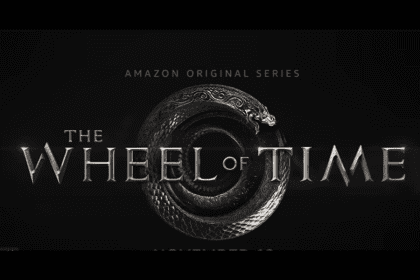
Michael Rapaport appeared in Chicago over the weekend to discuss his new documentary, Beats, Rhymes & Life: The Travels of a Tribe Called Quest. The movie opens in a few weeks.
Rolling out spoke with the actor-director about the challenges he faced while bringing this documentary to the big screen, and about his love affair with hip-hop.
How did you you discover hip-hop?
My father was a program manager at a radio station in New York, WKTU Disco 92, it was a disco station. and when I was like 8 or 9 years old, he brought home a promotional copy of “Rapper’s Delight”, by the Sugar Hill Gang.
It was the best music for kids, it was like rhyming, beat, but it was simple and from then on I just followed it. And I used to play a lot of basketball, so I’d be in the streets, and that’s what we listened to when we played, it was like theme music.
What were the challenges that you faced when you pursued this project?

The challenges of making a documentary and an independent film. Logistically, financially, it was hard, they [A Tribe Called Quest members] lived all over the country, so that was tough. And telling a story from four people’s point of view that spans over 20 years is a hard thing to do as a storyteller, and to tell it in a balanced, informative but also entertaining way and that was the biggest challenge.
Every song of theirs has a little story to it. We could have did a whole hourlong on the making of each song. At the end of the day, you need a story and it has to be something that you have emotional ties to. And fortunately, because the guys were so open and honest to the process, we were able to come out with something that had a little more depth than just the music stuff.
Was it important for you to tell the full story of the Tribe, and the hip-hop world around them?
 It was extremely important to tell the full story. I would be doing myself, the fans and the group a disservice by not telling the full, well-rounded story. It would be bad storytelling, it would be a poor job of directing.
It was extremely important to tell the full story. I would be doing myself, the fans and the group a disservice by not telling the full, well-rounded story. It would be bad storytelling, it would be a poor job of directing.
When I approach something as an actor, whether it’s a character in Higher Learning, you know who is bad, crazy, racist, all these things, there’s a humanity that you must show even if the character is saying crazy stuff, you have to show the humanity. And I approached the film wanting to show the humanity. It was very, very, very important to me.
Aside from your film, is hip-hop important to you?
Hip-hop is extremely important to me, it’s inspired me, it’s given me some of my greatest pleasures, in moments of my youth. Culturally, hip-hop has brought people together so much more than anything that I can think of.
I heard Q-Tip say this once, “people growing up on a diet of hip-hop soften the palate for Obama to be president.”
That’s a fact, seeing, and envying, and enjoying music that comes from the ‘hood as a youth opens you up to other things. Racially, it opens you up, it’s brought people together more than anything in popular culture in the last 30 years.
And in the beginning [of the film], Afrika Bambaataa talks about all of that, and 35 years later, you see the results of it and it’s really crazy.
Do you feel that mainstream society recognizes hip hop’s importance?
Music-wise, hip-hop informs everything that goes on in popular culture. N’Sync beat boxing and rapping, and Justin Bieber, this is all from hip-hop. And it’s wild that it’s all from Grandmaster Flash, from Tribe, from Big Daddy Kane, it’s all from that.
Twenty-five years ago if you saw a little white kid like Justin Bieber beat boxing, you would say, what f— is he doing? Of course he’s going to beat box, that’s what you do. It’s all from hip-hop, you know Michelle Obama is doing the Dougie, that’s all hip-hop stuff, you didn’t see Nancy Reagan doing that.
It’s wild, it’s all from hip hop becoming accepted — it’s a class of music.
You have the hip-hop section, the jazz section, the indie rock section, it’s all together now. It’s not like this weird subculture that was in the ghetto that these black kids were doing. Everyone does it now and enjoys it in some capacity.
You can’t say, “I hate hip-hop.” Even if you hate hip-hop, there’s definitely a handful of songs that you like. No one could just say that all that music is whack; that’s just impossible.
Michael Rapaport added that it was vital to show hip-hop’s diverse roots in the film: “Hip-hop is inclusiveness,” he says. “It’s for everybody.”
Photos: Bernard Williams; Sony Picture Classics.

